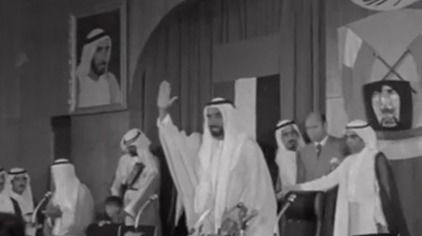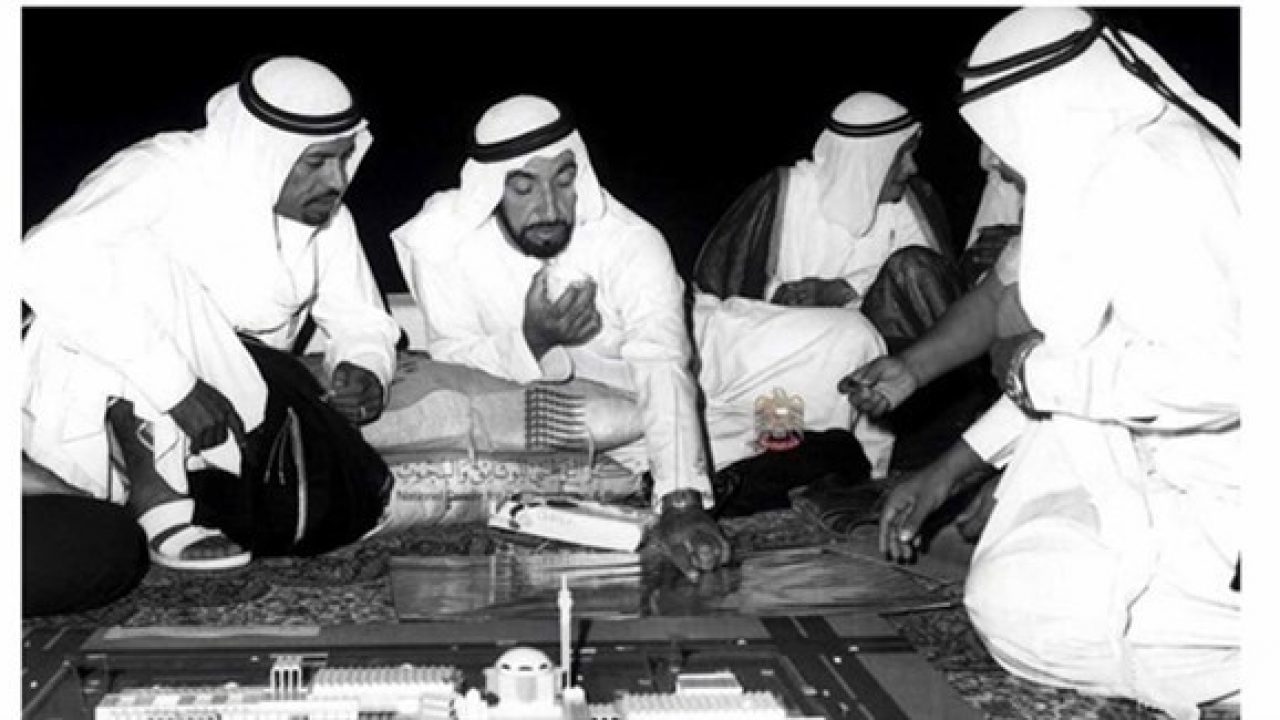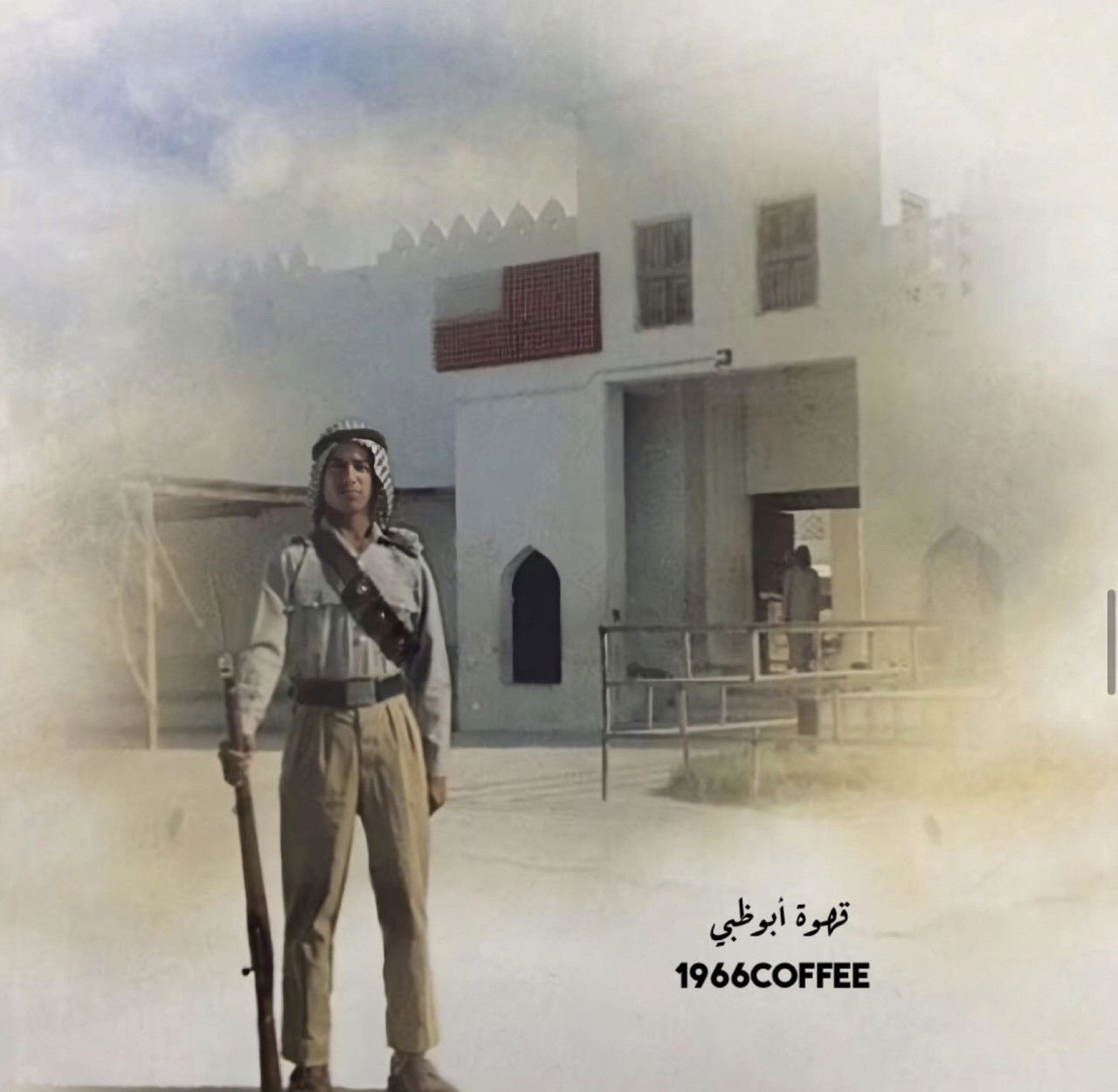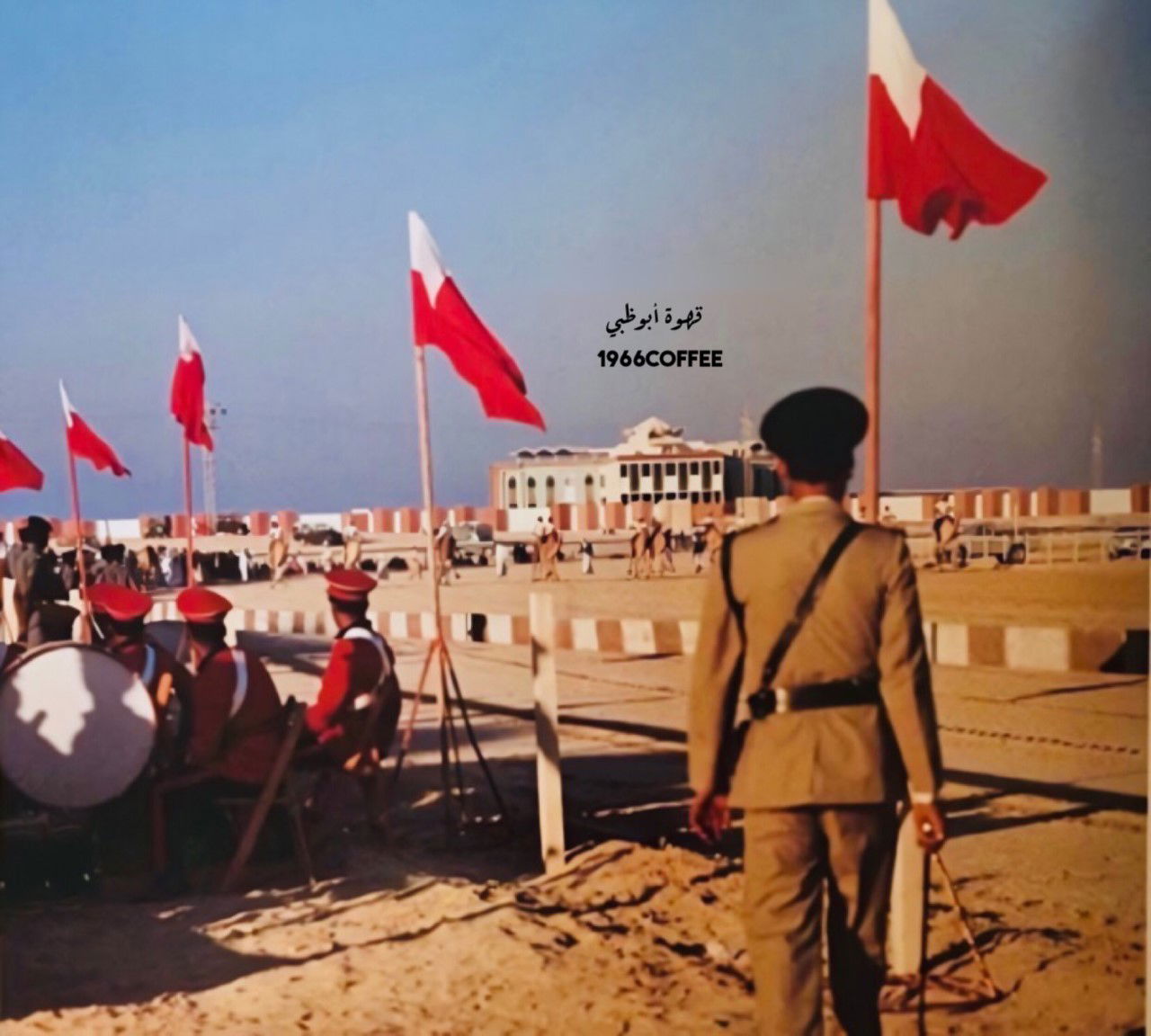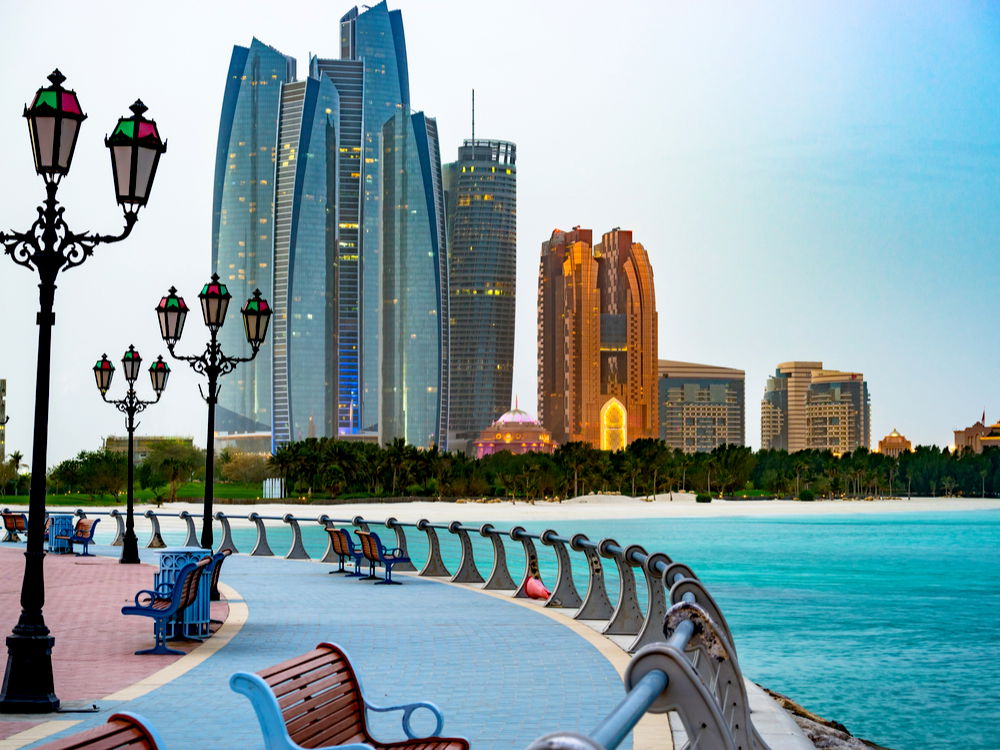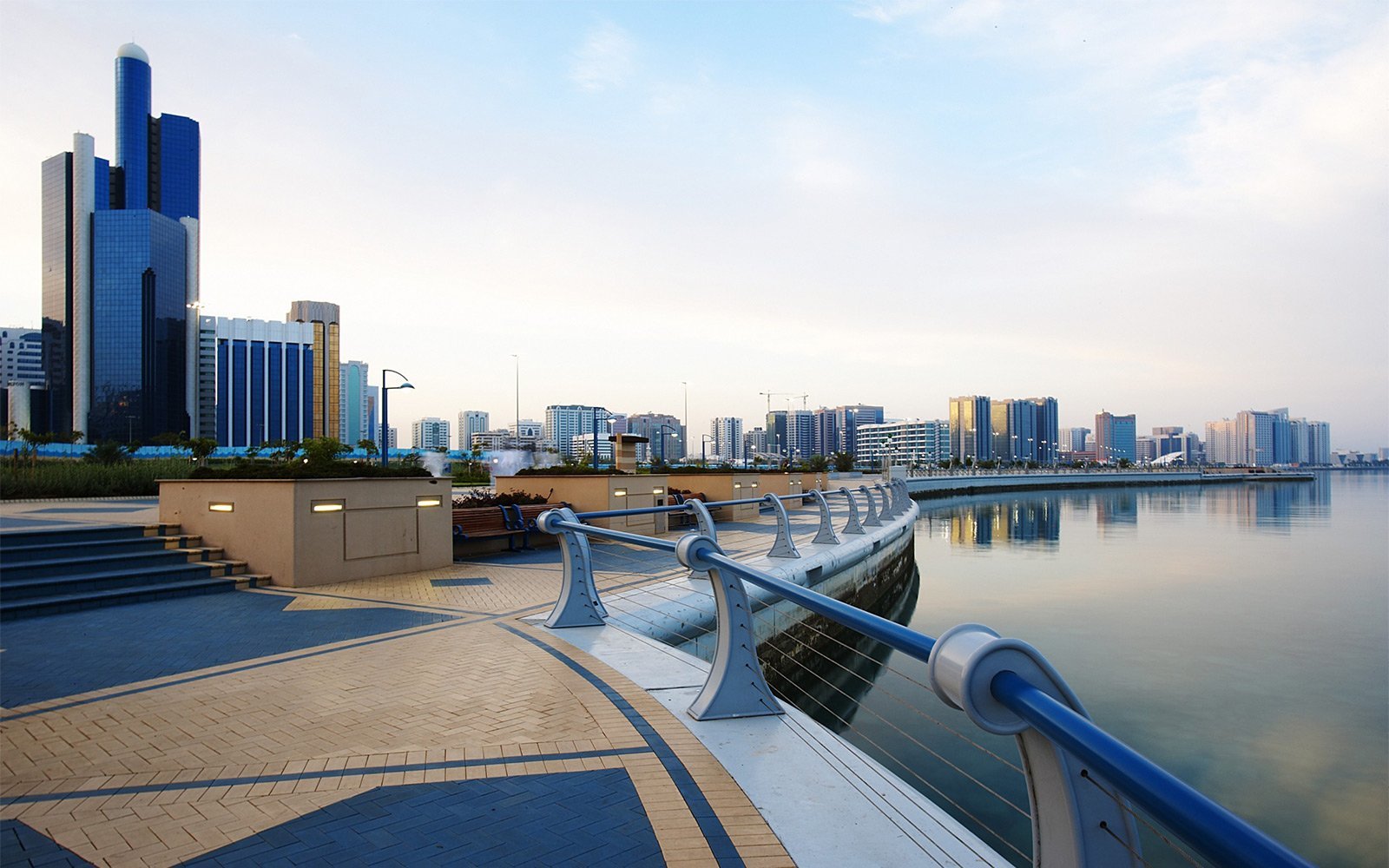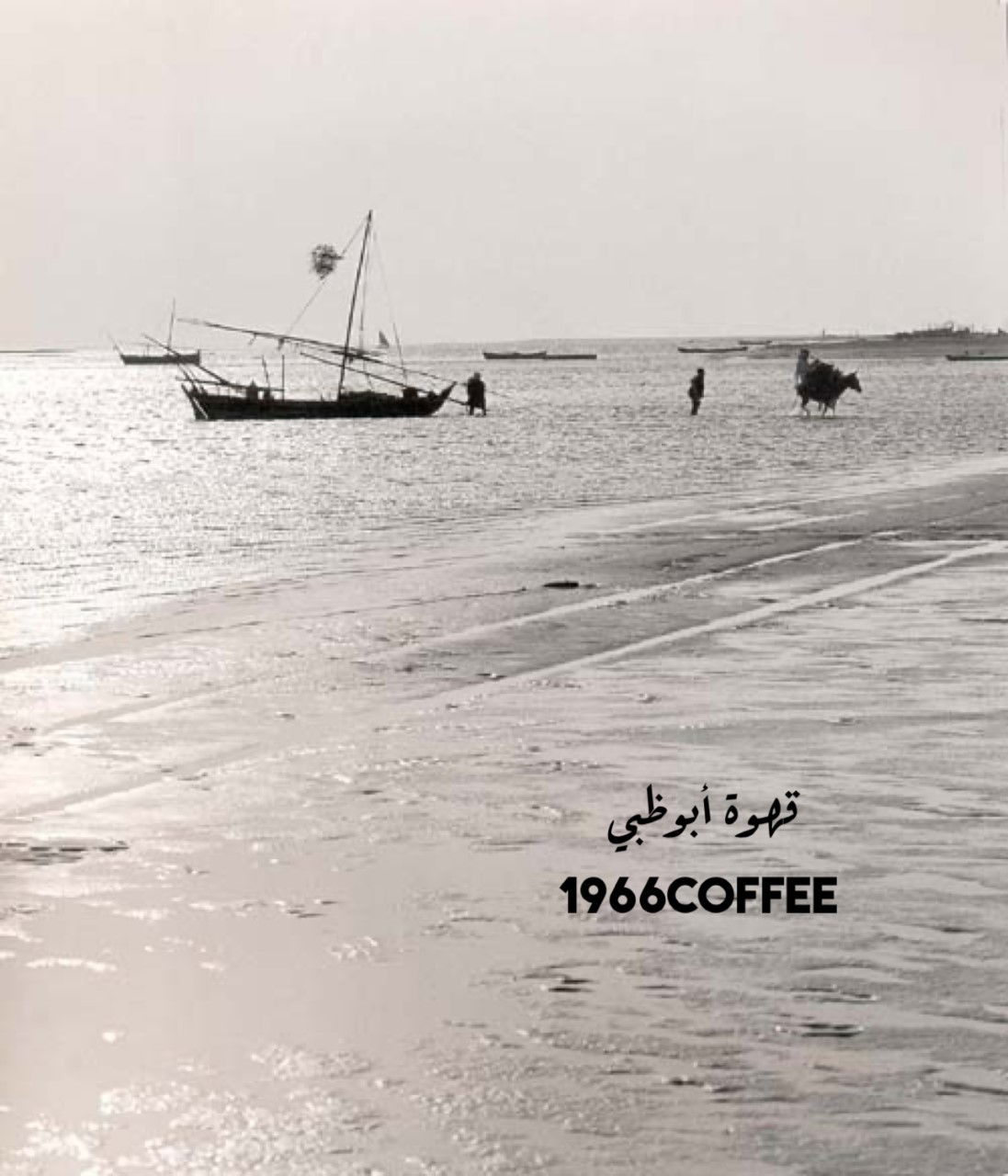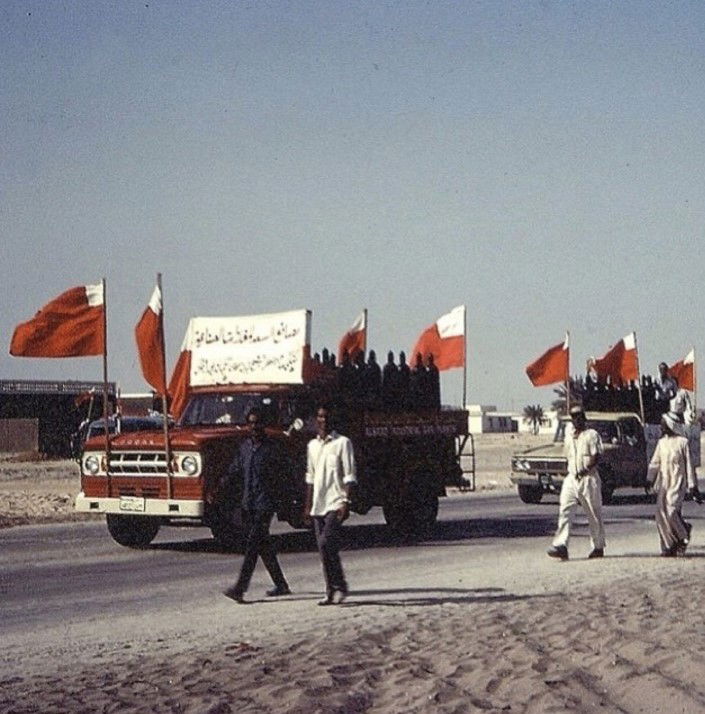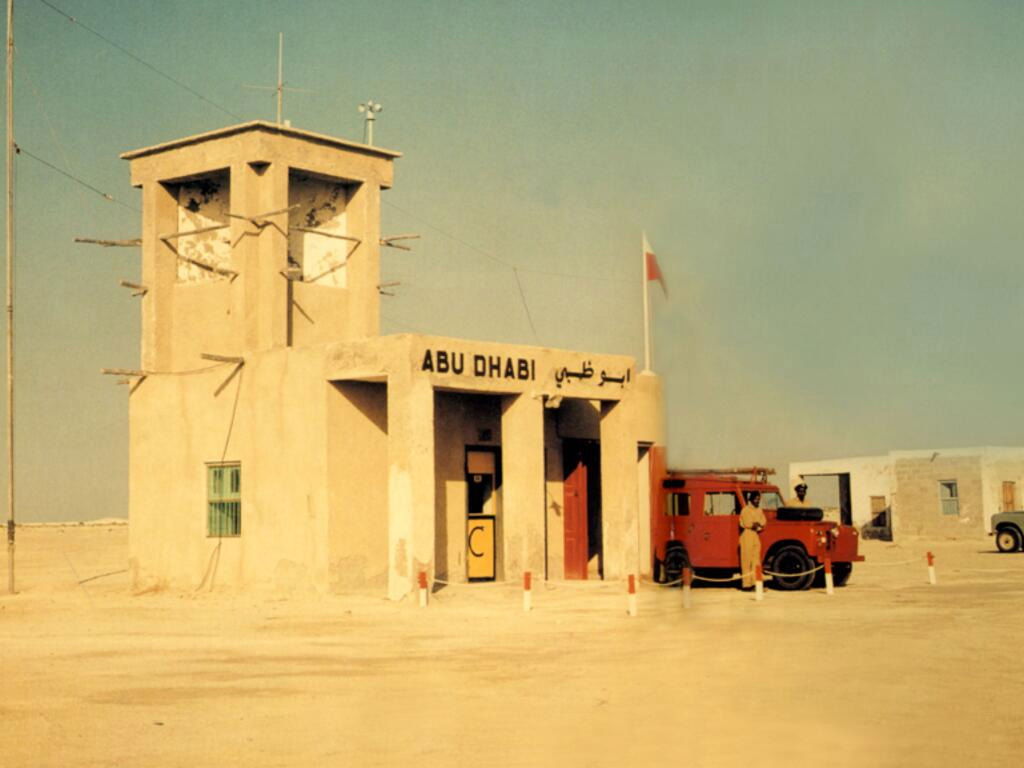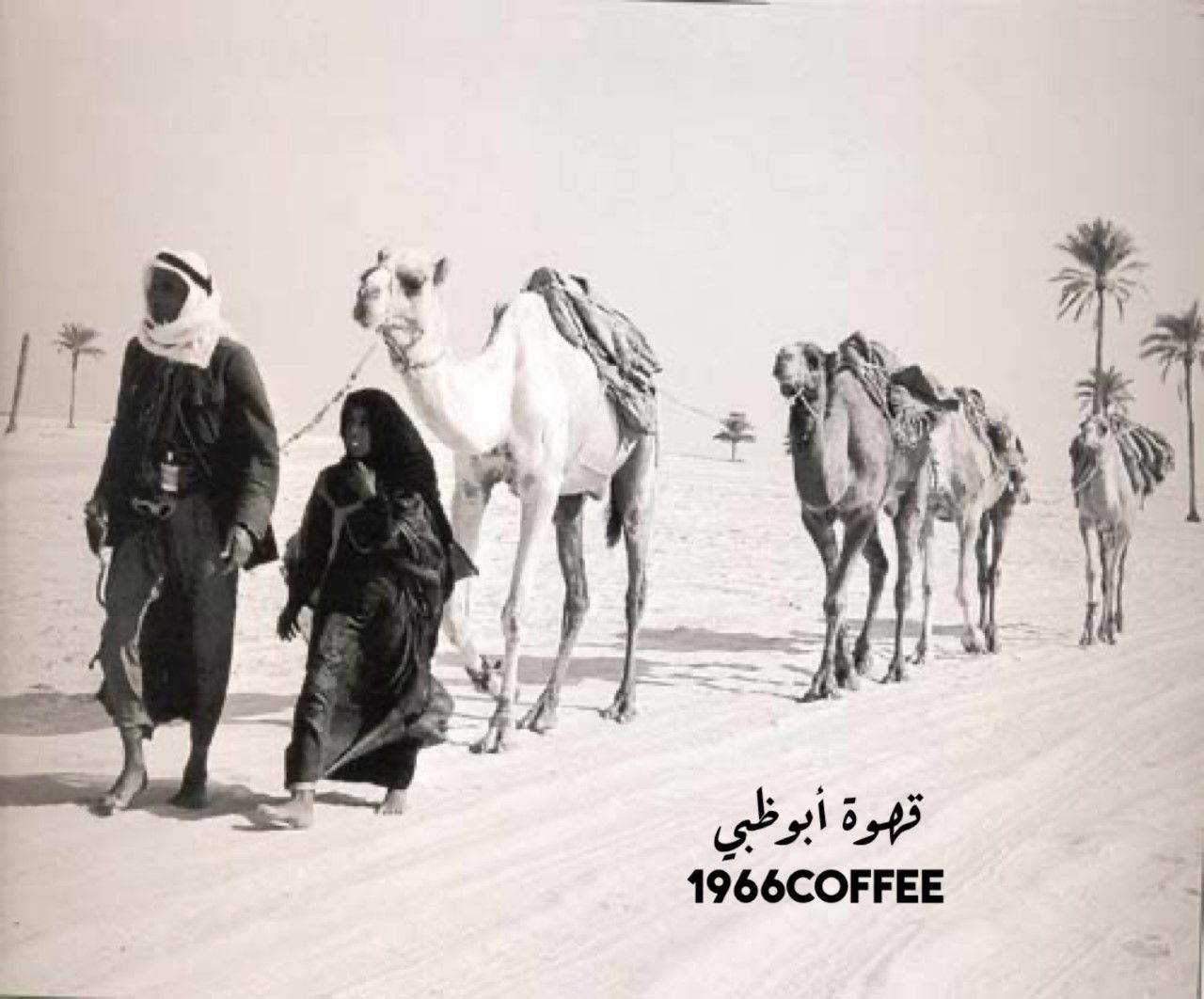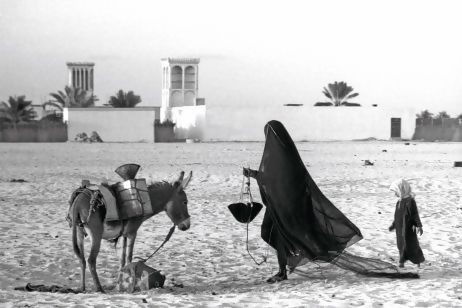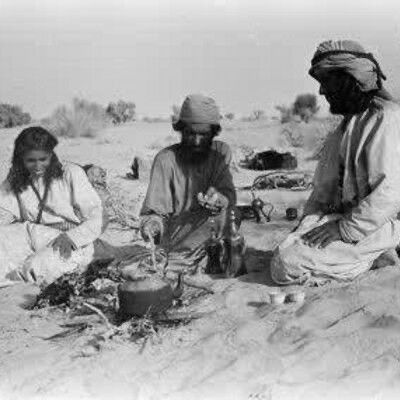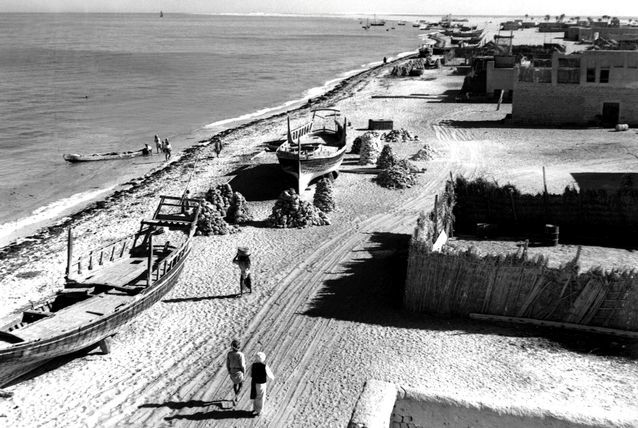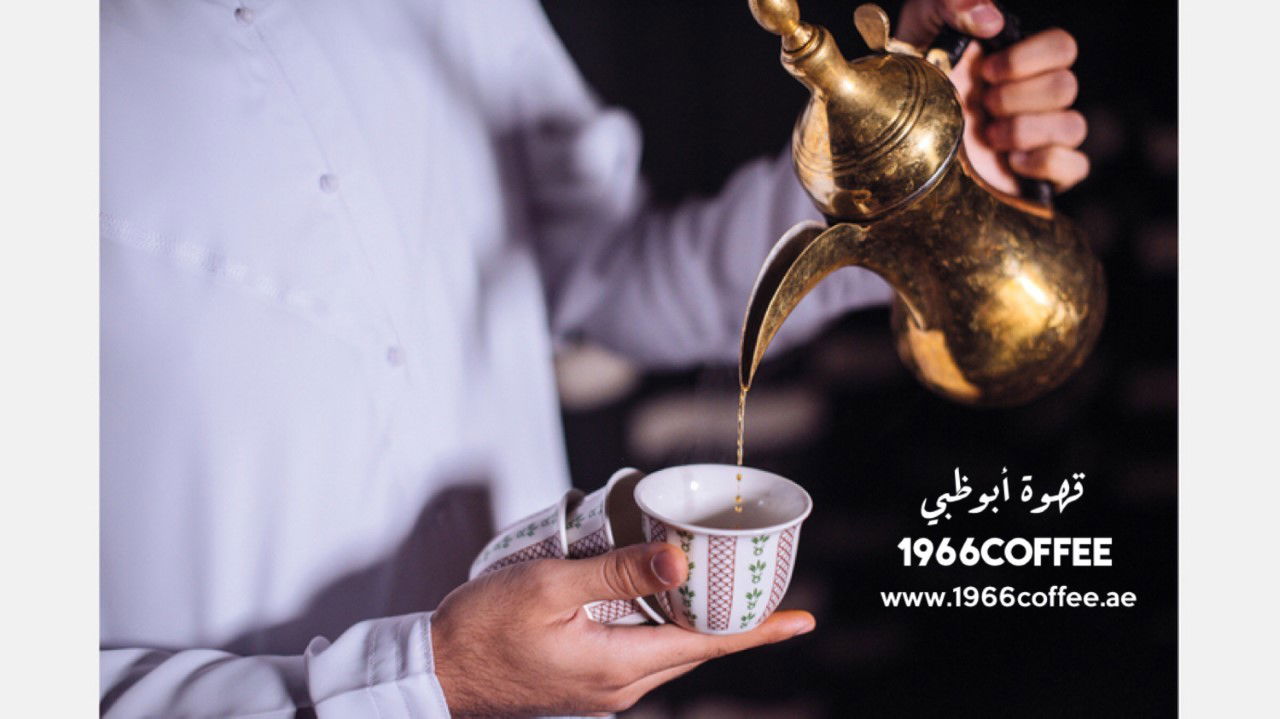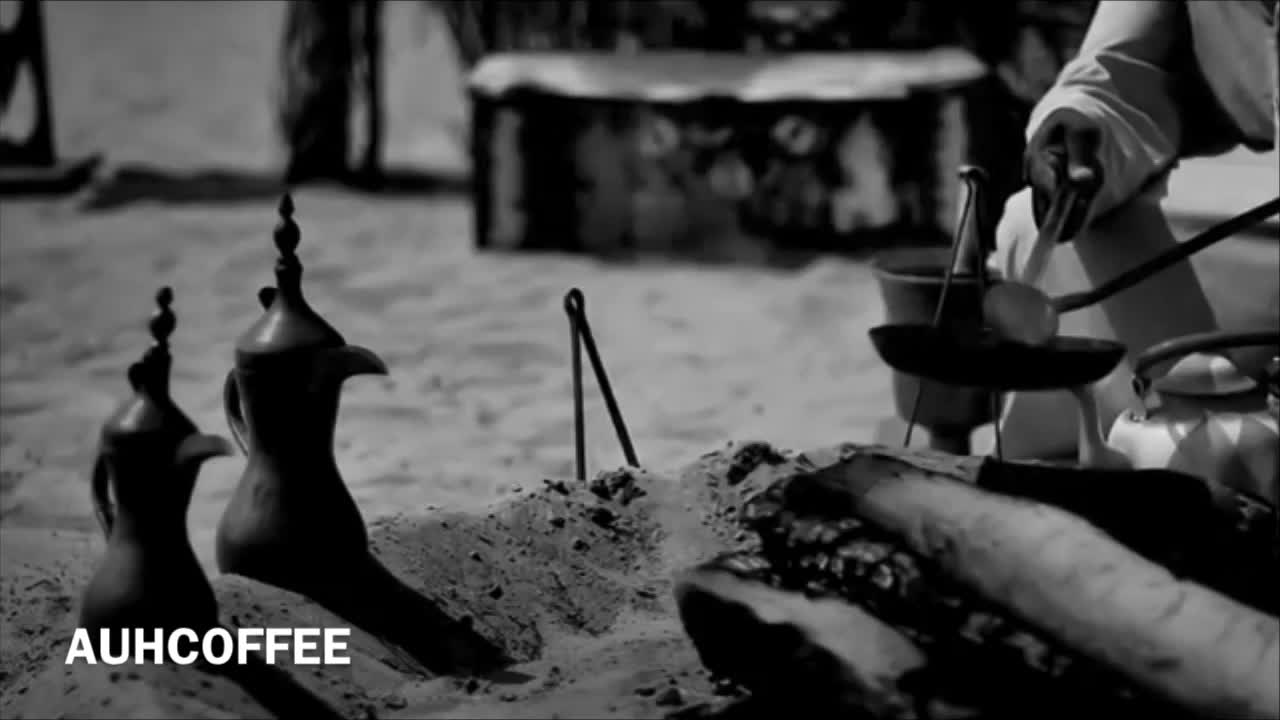Abu Dhabi Coffee
1966COFFEE
قهاوينا
sweets
Products
Backers
تراث القهوة
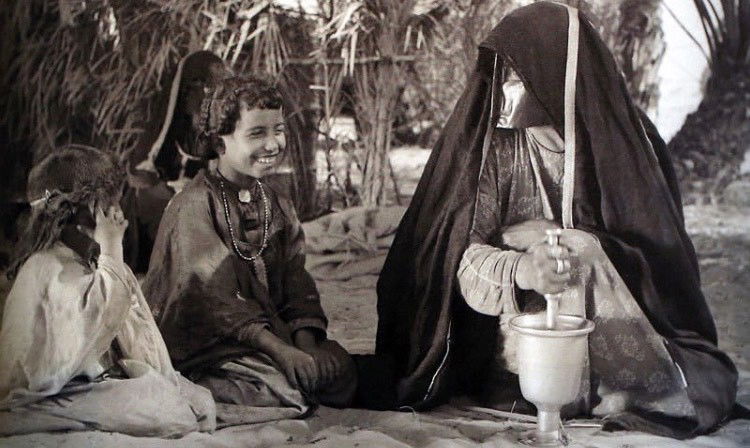
الدلة والفنجان.. رمـزية المعنى وعبق التراث
The popularity of coffee making tools and serving methods is no different from the fact that it is, in all its forms, the most popular beverage in the world. People are inventive in the shapes and types of these tools, from coffee pots and cups, to the point that they have sometimes become a symbol, especially in Arab countries, where they are considered an embodiment of authentic Arab hospitality. The manufacture of traditional coffee pots, swords, and daggers has been known among Arabs since pre-Islamic times. This is due to their status among them, who were famous for their generous hospitality and warm welcome. The coffee pot was, and still is, the sole means of serving coffee, which every guest must drink. To the point that refusing a cup of coffee is like asking the host of the gathering to fulfill his request. Despite the dominance of modern lifestyle traditions, people still maintain certain traditions, among the many known traditions when serving coffee. They continue to innovate in the shape and types of coffee pots and cups, reflecting their diverse skills.
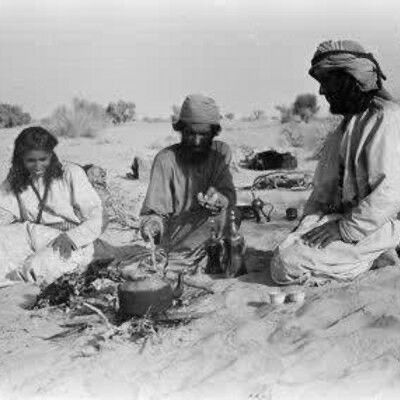
أنواع القهوة
There are certain traditions for serving coffee, as well as special utensils, among the Bedouins. There are different types of dallahs (plural dallal). Sometimes, hosts are forced to bring them from far away countries at exorbitant prices, hoping to gain a good reputation in this field. The famous dallahs are those made of yellow or red copper, and coated with (turb) on the inside. They are used daily. They are arranged in the bowl or hung on an iron chain above the bowl. They are usually made of silver, bronze, copper, or a combination of all three materials, in many shapes. They are characterized by their crescent-shaped mouth hanging from their body like a bird's beak, their cylindrical body, and their rounded, funnel-shaped head. There are many types of dallahs, including: Al-Hasawi, Omani, Raslani, and Qurayshi. The oldest, most valuable, and finest are the Baghdadi. The name of each type of dallah is given to the place where it was made, with the exception of the Raslaniya, named after the Raslan family in the Levant, and the Qurashiya, made in Mecca. Dallahs are usually made of pottery or copper glazed with rubab. Good dallahs are identified by their external appearance or by the seal, usually on the body, bearing the name of their maker. Markings such as juxtaposed lines or geometric designs may be placed on the handle. The number of dallahs used to prepare and serve coffee varies from region to region; some use four, three, or two. However, three are more common. These are the kitchen or top, where the coffee is boiled and usually has a flat lid. The strainer, which is used for the largest dallah, collects coffee grounds and filters the coffee. Finally, the mubhara or mazal, which is the dallah used to serve the coffee.
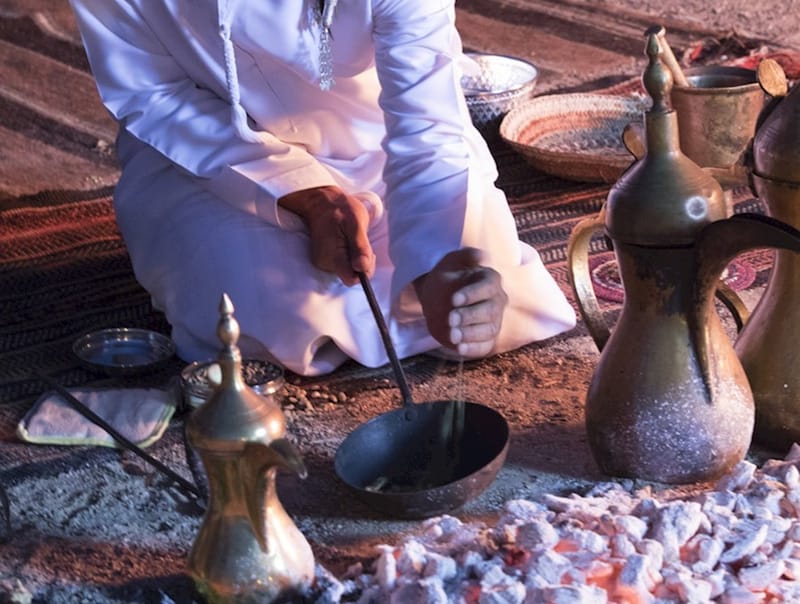
Coffee makers
توجد مراحل عديدة لعملية تحضير القهوة العربية، تبدأ من وضع حبوب البن على النار، بواسطة إناء معدني مقعر، يسمى "المحماسة". وفيها يحرك البن بواسطة عصيتان من الحديد، تشبهان الملعقة الطويلة، 1ذلك حتى تنضج جميعها، ومن ثم تطحن القهوة بواسطة إناء معدني، يسمى "النجر". ومن بعدها، تخلط مع بهاراتها المعروفة، كالقرنفل والزعفران والهيل، في دلة كبيرة تسمى "القمقوم" أو "المبهار". وتُسكب بعد عمليات مركبة، عديدة، في دلة مناسبة، وتقدم للضّيوف. لكن هذه الأدوات تطورت الآن، فـالنجر مثلاً، غدت تقابله الطاحونة أو المطحنة الكهربائية، والمحماسة تقابلها المحمصة الكهربائية، والدلة تقابلها الحافظات أو "الترامس".
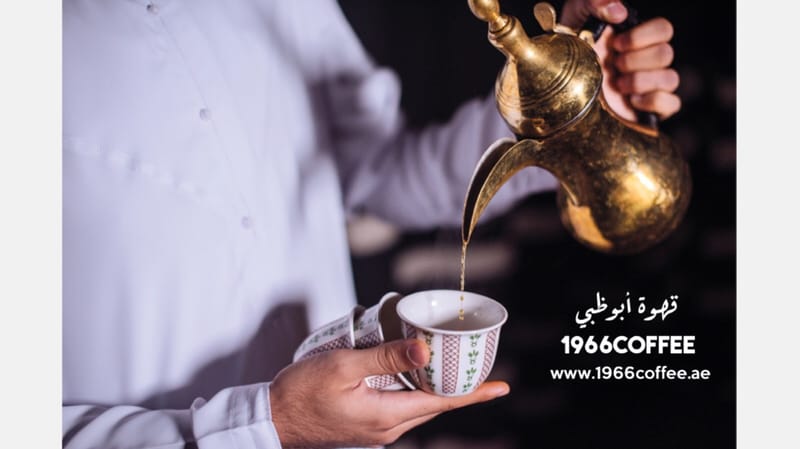
التقاليد
Serving Arabic coffee is a tribal custom common among people of all tribes. The person serving coffee must pour the coffee while standing, holding it in his left hand, so that he can offer the cup with his right hand. The coffee must be poured in a specific amount, not filled to the brim. Therefore, the coffee should be poured halfway into the cup, and if the cup is filled and served to the guest in this manner, it is considered an insult. The person serving the coffee must not sit down until everyone has finished drinking the coffee. When pouring and serving the coffee to guests, one must start from the right, in accordance with the Sunnah, or start directly with the guest if the guest is elderly. It is customary to pour the coffee repeatedly until the guest says "Enough" or shakes the coffee cup. One of the skills of pouring coffee is for the "qahwaji" (server of coffee) to make a soft sound caused by clinking the cups together. This movement is intended to alert the guest if they are distracted, and this sound can be made when serving coffee at weddings. During sad occasions, such as funerals, for example, the coffee server should not make a sound, even a faint one. It is also a skill of coffee drinking to shake the cup right and left until the coffee cools and can be sipped quickly. In the past, Bedouins and Arabs respected coffee so much that if someone had a request from the tribal sheikh or host, they would place their cup full of coffee on the ground without drinking it. The host or tribal sheikh would notice this and ask, "What do you need?" If the request is met, they would order the guest to drink his coffee out of pride. If a guest refuses to drink the coffee and the host ignores him and doesn't ask him what he requested, this is considered a great flaw. This news spreads throughout the tribe. Those who have rights usually respect these customs and do not exaggerate in their demands or ask for what is impossible. There is a time and place for every situation. Coffee cups and drinking coffee have specific meanings during times of war. It was a tradition among all tribes in the past that if a quarrel or fierce battle broke out between them, and a particular hero was defeated, the tribal sheikh would gather with all members and say, "Who will drink so-and-so's cup?" By this, he was referring to a specific hero, meaning the one who would take care of him during the battle and kill him. Here, the bravest member of the tribe would say, "I will drink his cup." In doing so, he made a vow to himself in front of everyone that he would kill that hero or be killed in battle. What shame would this man bring upon his tribe if he did not fulfill his promise! Thus, coffee was transformed from a symbol of harmony and peace into a harbinger of war and destruction.
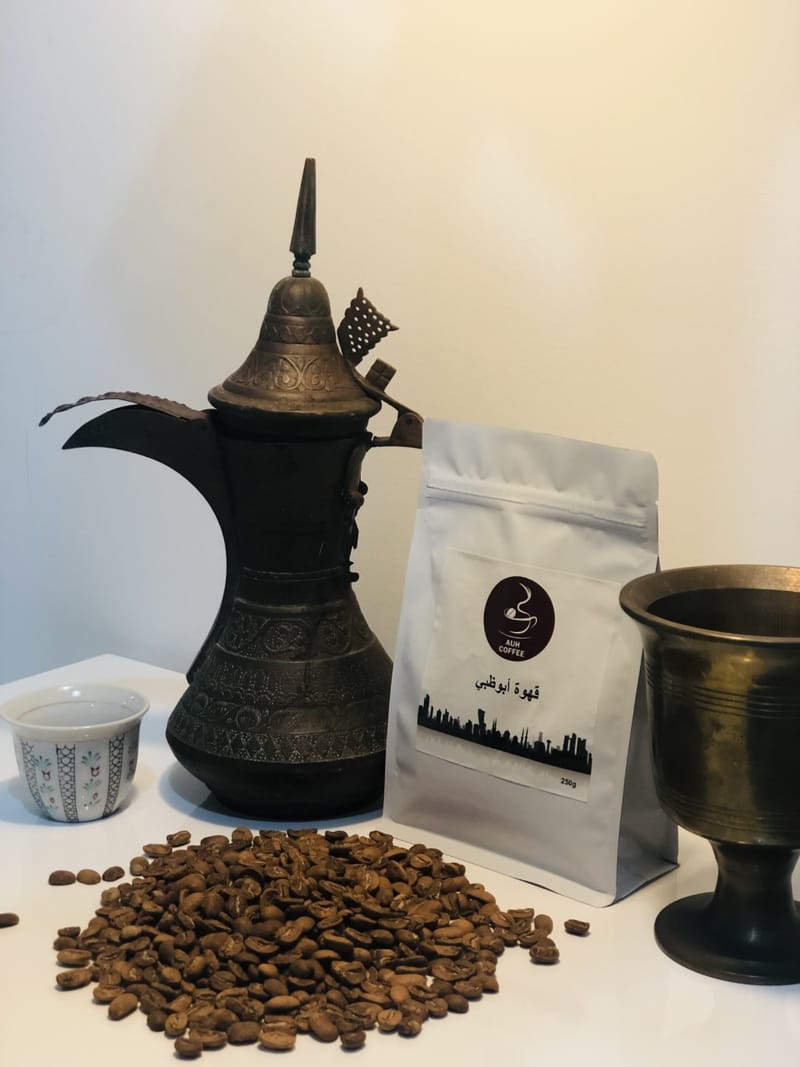
And in proverbs
Arabs say about the pleasure of drinking coffee: "The first cup is for my head, the second for my clothes, and the third for my cloak." What is meant is that the first cup, which is for my head, drives away drowsiness from my head or mind, and makes it alert. As for the second cup, it is for my courage, meaning it increases my courage and bravery. What is meant by the third cup is that it eliminates headaches, confusion, and confusion. That is, the third cup clears my mind, and drives away headaches, confusion, and confusion, so my mind becomes active and sharp. In the guest houses of the Bedouins of the Levant, they arrange the cups in three order. That is why they say: "The guest's cup, the cup of pleasure, and the cup of the sword." The guest's cup is meant to be a welcoming cup, and a cup of goodness, meaning that the one who drinks it is someone who enjoys it and is accustomed to drinking coffee. The last cup is the sword, which is offered to the guest after the first and second, without any time interval. Perhaps it was named thus because it conveys a meaning that the one who drinks it is now part of the tribe he has settled in, and participates with them with his sword in defense, if they are attacked or in danger, and he does not hesitate to take the risk. When one says, "Your coffee is being drunk," this is a polite expression of thanks, said in a polite manner to refuse a cup of coffee being offered inside the house. As for, "Your coffee is being drunk while your faces are upturned," it is a expression of thanks said in an inappropriate context of reproach, contrary to what is customary. In Emirati proverbs, it is said, "He who does not have a coffee pot, no one can serve him." This means that someone who does not offer Arabic coffee with his coffee pot as proof of his generosity and hospitality is either unknown or unvisited. Regarding coffee-making traditions, the Palestinian proverb, "Grind it tightly and cook it gently," refers to the long process of roasting and boiling coffee. Similarly, in the Levant, they say, "Every girl has her own pot." Proverbs are not limited to Arabs; a Persian proverb states, "Salvation lies in the end of the cup." It is common knowledge that when pouring coffee, the cup must be intact. It is not recommended to drink coffee from a broken cup, and some even consider it a bad omen.
Sheikh Zayed, mercy and heritage of God
Abu Dhabi AbuDhabi
Our goal is not just trade
Also a cultural page talks about the heritage of our capital, Abu Dhabi
Connection
- Abu Dhabi - Abu Dhabi - United Arab Emirates
- Home business
